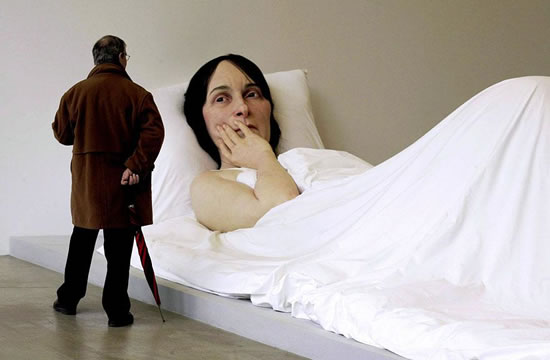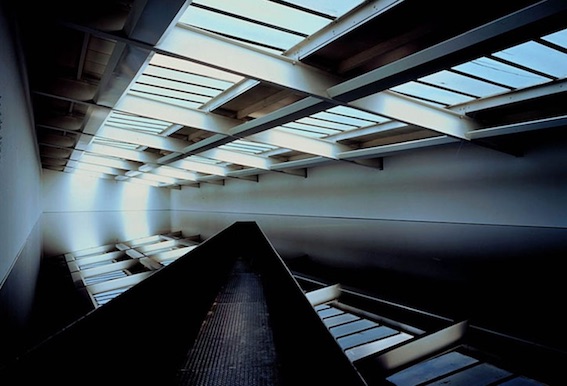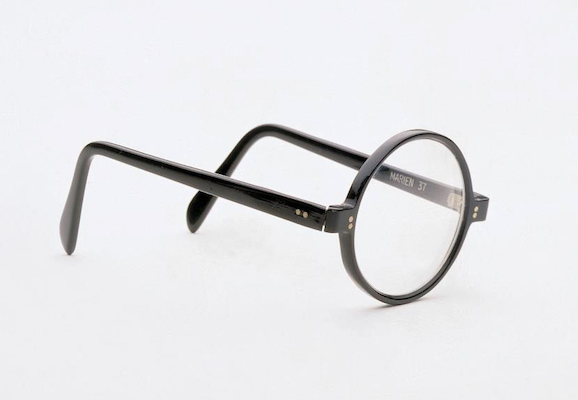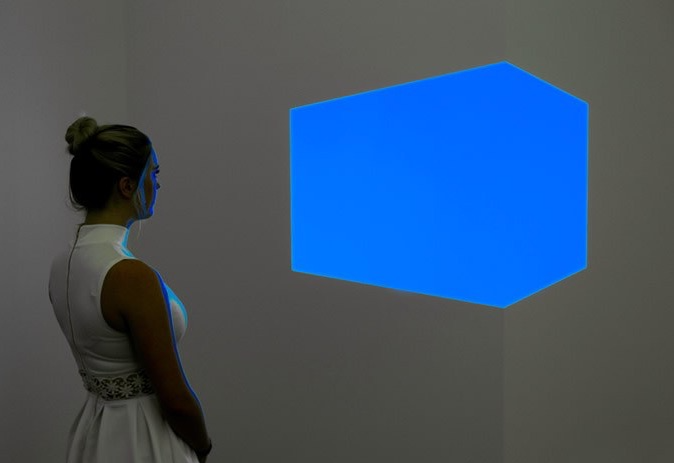Do We See Scale?
In my final post I consider whether all our visual cues to scale function at the level of cognition rather than vision, and the kind of theory that ‘vision without scale’ would imply. 1. Physiological Cues There are two aspects to 3D vision: shape and scale. So far we have …





